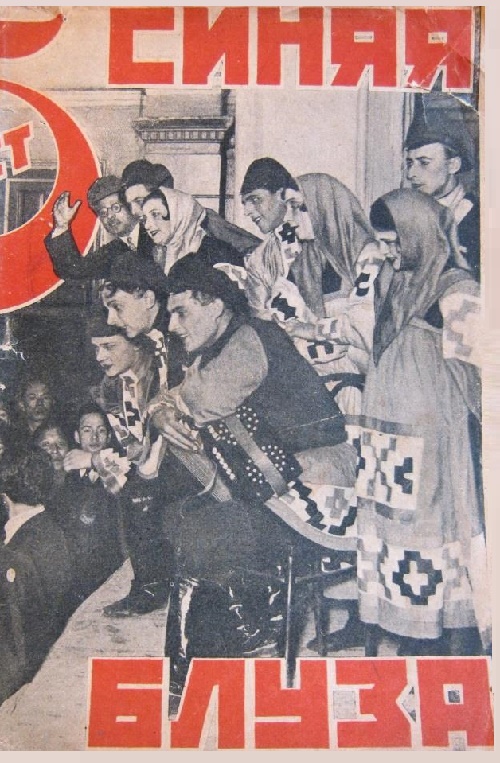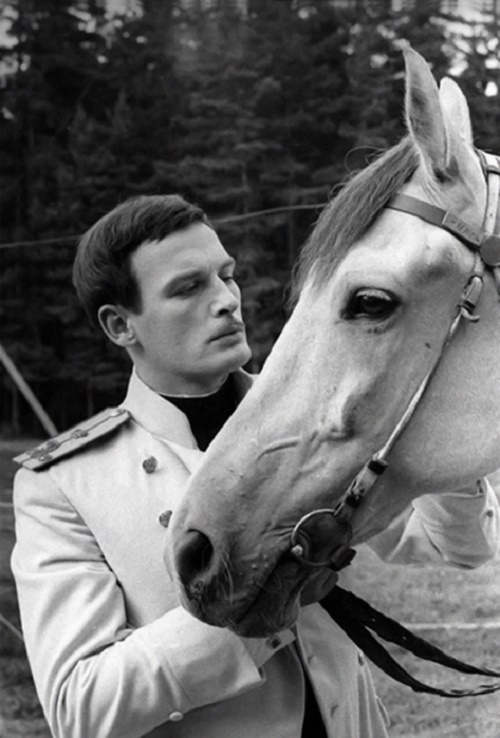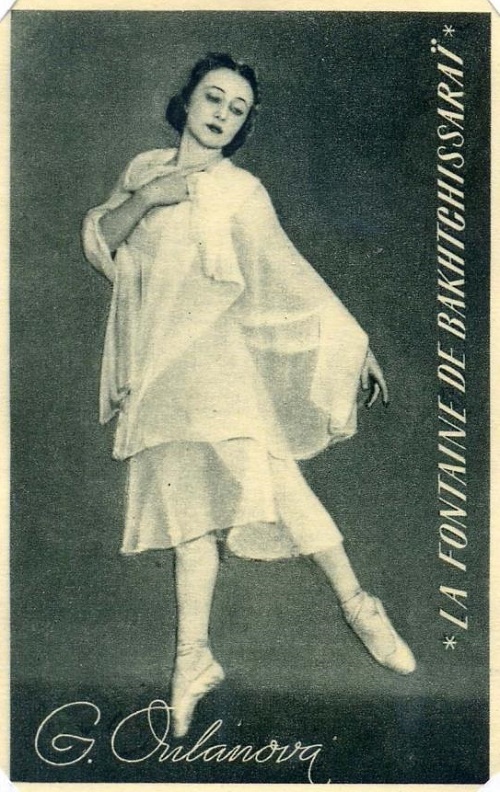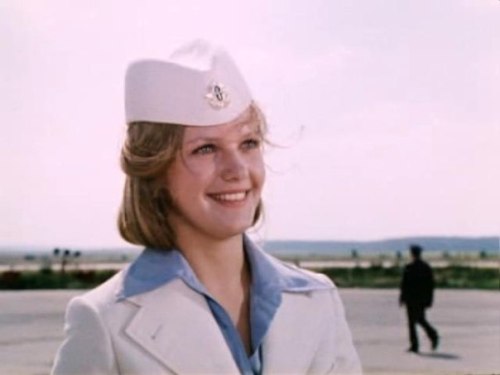Soviet agitprop theater Blue Blouse

Theatre Magazine Blue Blouse, dedicated to the fifth anniversary of the theater. Soviet agitprop theater Blue Blouse
Soviet agitprop theater Blue Blouse
Blue Blouse – Soviet theater of small forms, kind of campaign platform. It existed from 1923 to the beginning of the 1930s. For the first time established in Moscow at the Institute of Journalism, on the basis of a “living newspaper”; initially – theatrical troupe (the participants were working in a blue blouse – hence the name). The initiator of its creation, the author and one of the artists B.S. Yuzhanin. Soon appeared further 15 such groups. The subjects of their repertoire was topical, it combined the heroism and pathos, satire and humor. Program of Blue Blouse was built mainly on a collective recitation, folk songs and sport dances. Blue Blouse team performed in “Red corners”, clubs, shops of factories. Similar groups sprang up in other cities, serving as a basis for the creation of a number of professional theaters and giving impetus to the search for new forms of theater and variety of performances. In the Blue Blouse began creative work many Soviet writers, composers, actors, directors and artists. Besides, several groups of Blue Blouse toured abroad (Germany, Poland, Scandinavia, and China), influencing the theater movement in different countries.
More »





